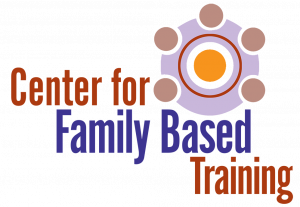This workshop addresses the often overlooked but highly impactful issues of power and privilege within the context of family therapy. It is important to recognize and acknowledge power and privilege because in the lives of people of color these forces are powerful shapers of family member relationships to one another, with their communities, and with helping professionals. Many of the children and families treated in intensive, in-home programs regularly experience marginalization based on social class, race, ethnicity, disability, religion, health status, and/or sexual orientation. The webinars in this course are designed to help clinicians recognize and attune to “hidden” or unacknowledged systemic structural issues maintaining and promulgating marginalization. Particular attention is given to how these issues can impact the treatment of male youth of color. Clinicians are helped to appreciate the cumulative impacts of microaggressions on family members who occupy marginalized positions. Toward this end, the issues of power and privilege, as well as stigmatized and disenfranchised loss, are discussed through a trauma-focused lens. Protective factors are highlighted hat promote and build resilience in children and their families.
4.5 Hours CE Credit
- Teacher: Lisa Christian
Therapists working in intensive, in-home programs are increasingly encountering youth who identify as LGBTQ. One reason is that youth are coming out earlier and earlier. In families presenting for treatment, caregivers often do not understand their child's experience and at times can be rejecting of their sexual orientation or gender identity. This markedly increases risks for negative outcomes for LGBTQ youth. Therapists with little training in LGBTQ are at-risk of acting on myths or stereotypes and can become negatively isomorphic with nonaccepting communities. This course is comprised of five webinars designed to help therapists to work from an LGBTQ-informed perspective, understanding and helping LGBTQ youth in the context of their families and their communities. Particular focus is given to how to work with families in which caregivers are non-supportive/non-accepting of their LGBTQ youth. The webinars in this course are comprised of edited portions of a live webinar presented to therapists working in Pennsylvania FBMHS programs.
- Teacher: C. Wayne Jones, PhD
